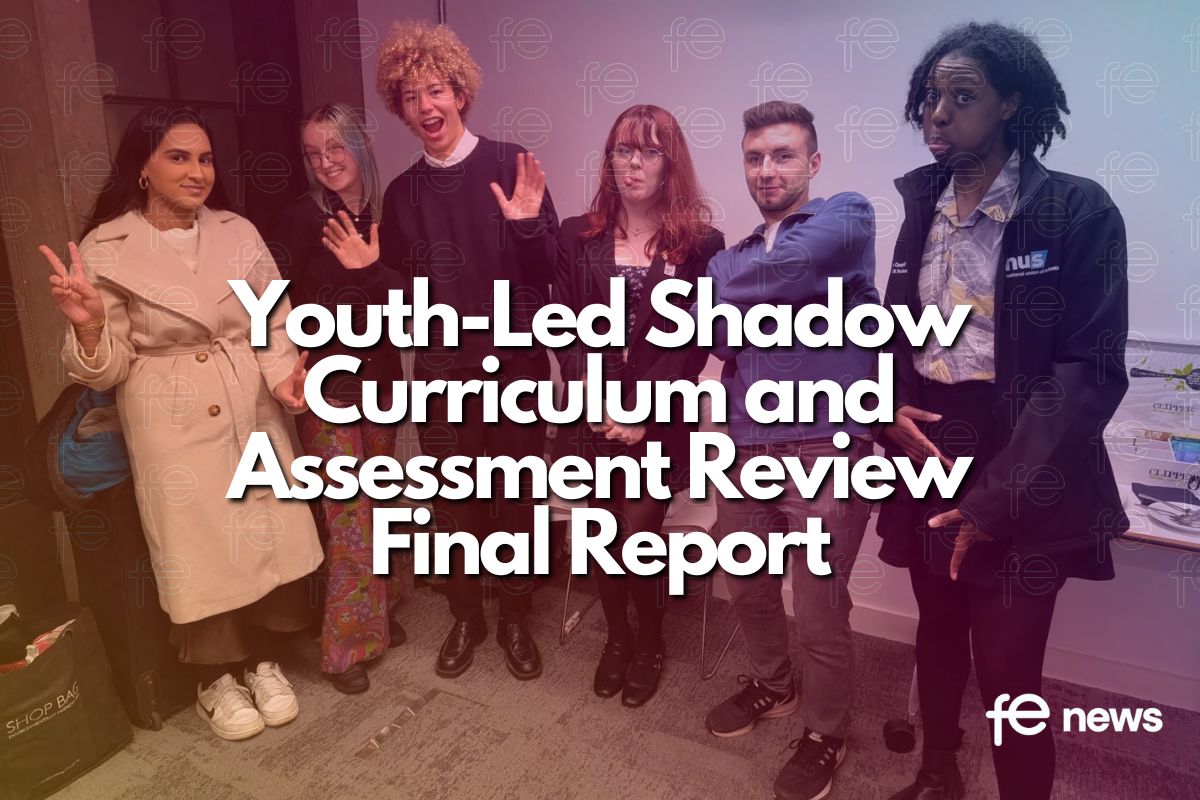Lifelong Learning and Skills – What Are We Waiting For?

In stark contrast to the political chaos of the Conservative Party Conference, there was a striking amount of consensus at the Lifelong Education Commission’s fringe event on “Lifelong Learning and Local Skills Needs” – co-hosted by ResPublica and IPPR/London Progression Collaboration, and kindly supported by NOCN.
Featuring a heavyweight panel of experts including senior figures from the West Midlands Combined Authority, the IPPR Thinktank, the Federation of Small Businesses (FSB), and the National Open College Network (NOCN), the event resulted in broad agreement on two key things. Firstly, that ten years of attempted policy reform hasn’t had nearly enough impact (the UK’s skills shortage is in fact getting worse). And secondly, that there is little sign of renewed urgency or resolve from Liz Truss’s government to address the skills agenda.
Deafening silence on the skills shortages
Aside from a few comments on T levels and apprenticeships from new Education Secretary Kit Malthouse and Skills Minister Andrea Jenkyns, there has been deafening silence on the skills shortages facing countless UK businesses from the new government.
This is all the stranger because most economists agree that the lack of workforce skills is now one of the biggest constraints on business growth – the central plank of the ‘Trussonomics’. Surely, a government so unequivocally focused on growth should be going all out to tackle this roadblock.
Paul Wilson, Policy Director at the FSB who spoke on the panel, revealed that 78% of small businesses surveyed are now struggling to fill vacancies, whilst 34% saw the skills shortage as the main factor holding them back. Graham Hastings-Evans, CEO of NOCN, also reminded us that only 2% of workers are new to the labour market each year. For the other 98%, the core challenge is to provide access to training so they can re-skill or up-skill and gain the experience they need to stay afloat.
This issue is not just about money
This issue is not just about money – it is also about skills policy, and government strategies that are poorly conceived and targeted. Clare McNeil from the IPPR argued that, whilst investment in FE and adult education undoubtedly needs to be raised, better design and delivery of policies on the ground would also go a long way towards breaking the logjam.
This was reinforced by Dr Fiona Aldridge from the WMCA, who told guests that the West Midlands has been the fastest-growing region since the pandemic, which she attributed to the pro-active and energetic suite of policies the region has been pursuing. Coordinating and streamlining the work of FE colleges, training providers and universities locally had enabled much more effective responses to skills shortages. Dr Aldridge hopes these remarkable returns will inspire the government to grant more powers to devolved authorities to influence 16-18 education, apprenticeship provision, and capital spending.
Every speaker also agreed that Local Skills Improvement Plans (LSIPs), a centrepiece of the new Skills Act, simply won’t work unless there are much better delivery mechanisms in place to turn plans into action.
There is no shortage of ideas
There’s certainly no shortage of ideas about what needs to be done. Amongst the ideas floated were: bringing back cash incentives for employers to take on apprentices; free up tax rules to encourage investment in training (a potential one for Truss); bring in personal learning credits to fund adults in key sectors; make apprenticeship standards much more flexible and modular; and more. All the speakers also agreed that giving local areas the resources and mechanisms to drive effective, focused delivery on the ground is crucial to making real change happen.
We now have a much clearer idea of what needs to be done
After decades of effort, we now have a much clearer idea of what needs to be done to make lifelong learning a reality in the UK. The broad agreement at the event was a sign of this, suggesting that key figures from across FE/HE are noticing the same obstacles to progress in their respective sectors.
We have a population desperate to improve their earnings in the face of the cost of living crisis – and colleges, universities and local authorities are keen to help them. We also now have a huge opportunity to invest in the skills and new technologies needed to move to a net-zero economy, moving UK plc beyond its current innovation and skills drought.
Perhaps the most vital question to ask, therefore, is: what are we waiting for? Let’s hope the new government’s reformist mood extends to this key policy area soon. “Growth, growth, growth” simply cannot be sustainably achieved without “skills, skills, skills”.












Responses